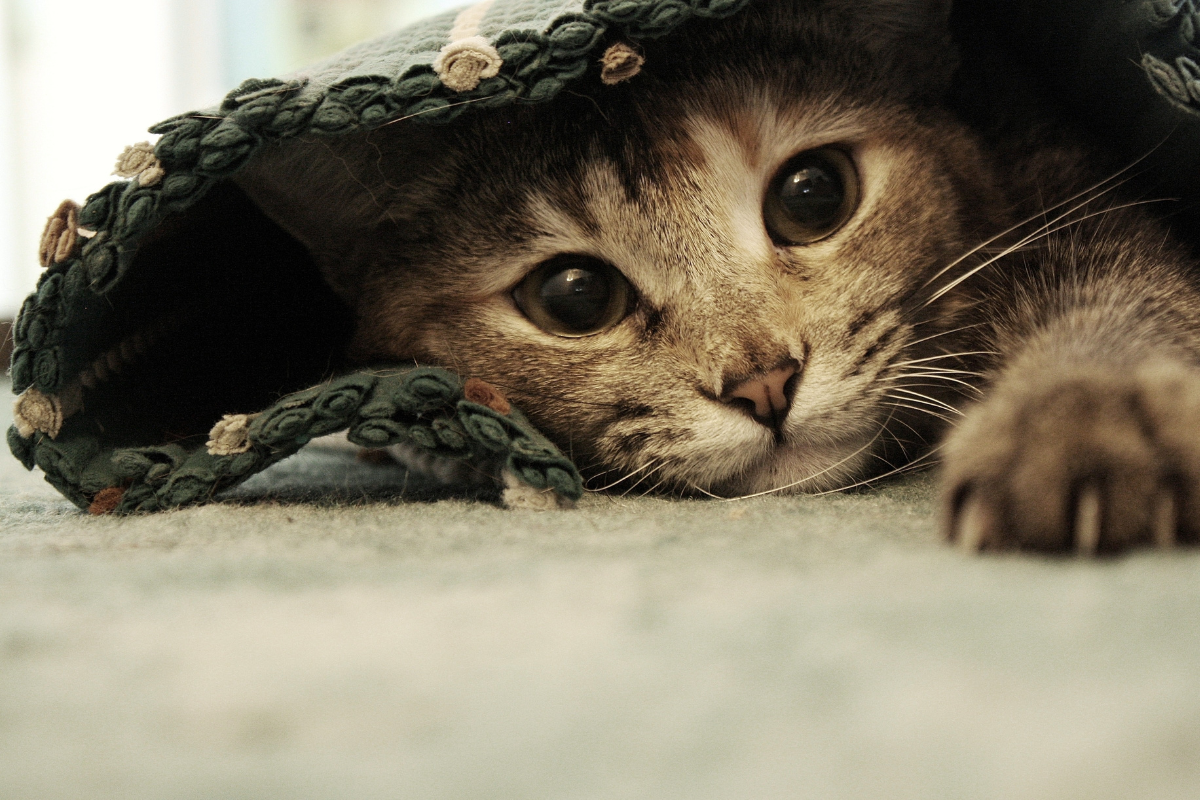Scotland’s First Minister has denied any plans to ban cats, rejecting rumors that spread online. A viral post suggested the government wanted to limit pet ownership to protect wildlife.
Speaking at a press conference on February 4, 2025, the First Minister called the claims false. He reassured pet owners that no such policy was under consideration.
Reports of a potential ban caused an uproar among pet owners and animal rights groups. Many feared the government would introduce strict pet regulations similar to those in some Australian regions.
In parts of Australia, cat curfews and ownership limits exist to protect wildlife. Concerns grew that Scotland might follow the same approach, leading to widespread backlash.
“Scotland values its pets, and no policy restricting cat ownership is being discussed,” the First Minister said. His statement aimed to end speculation and calm public fears.
The viral post cited concerns about declining bird populations. Some environmental groups have argued that free-roaming cats threaten native wildlife.
Studies show that outdoor cats hunt birds and small mammals. This contributes to biodiversity loss in some regions.
Government officials stated they are focused on conservation efforts that do not involve pet bans. Authorities stressed that wildlife protection should not come at the expense of responsible pet ownership.
The Royal Society for the Protection of Birds (RSPB) acknowledged the issue but did not support a ban. A spokesperson said responsible pet ownership could help reduce wildlife impacts.
“Education and awareness are more effective than restrictions,” the spokesperson added. The RSPB has long promoted conservation efforts that balance nature protection and pet welfare.
Public response has been strong, with many criticizing the spread of misinformation. Cat owners and advocacy groups demanded official clarification.
Social media played a key role in amplifying the false claims. This fueled unnecessary panic among pet owners.
Misinformation on digital platforms spreads quickly, making it hard for authorities to control public perception. Officials urged people to verify news through credible sources before reacting.
Scotland has strict animal welfare laws, but they do not include pet ownership restrictions. The country promotes responsible pet care through regulations on breeding and treatment.
Officials confirmed that future discussions on environmental policies would focus on balanced approaches. Any new regulations would involve consultations with experts, stakeholders, and the public.
The controversy highlights the impact of social media in shaping public opinion. False claims can influence policy debates and create unnecessary fear.
A single viral post led to widespread concern. Government officials had to address an issue that was never under discussion.
Authorities reassured the public that protecting wildlife remains a priority. However, this will not involve restricting pet ownership.
Conservation groups and policymakers continue to explore ways to reduce human impact on nature. They aim to find solutions that do not involve extreme measures.
The government encouraged pet owners to practice responsible care. Keeping cats indoors during peak bird activity hours and using deterrents can help reduce hunting behavior.
While the cat ban rumor has been debunked, the discussion has renewed interest in conservation policies. Experts suggest that tackling habitat destruction, pollution, and climate change will have a greater impact on wildlife protection.
Moving forward, officials plan to focus on evidence-based solutions. They will not react to online speculation.
The Scottish government urged citizens to rely on official sources for accurate information. Authorities continue to monitor environmental challenges and work toward sustainable solutions.
Pet owners can rest assured that their rights remain unchanged. No restrictions on cat ownership are being considered.




